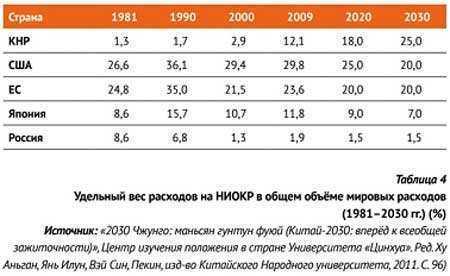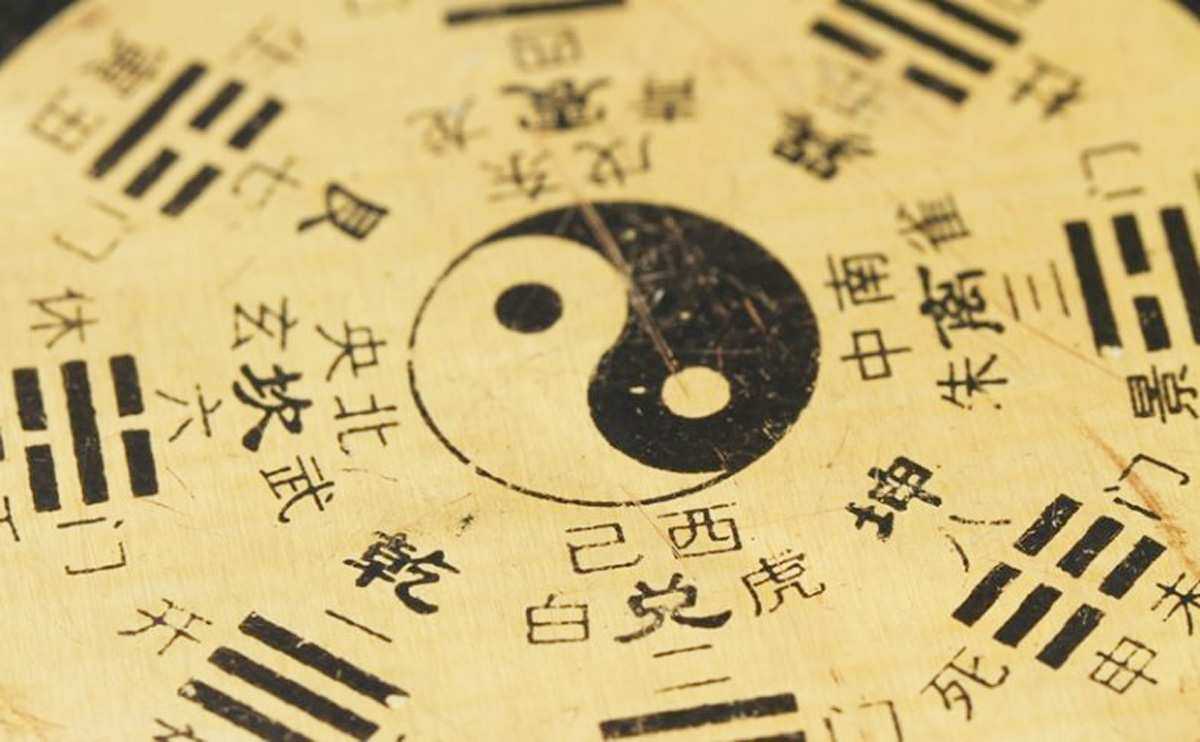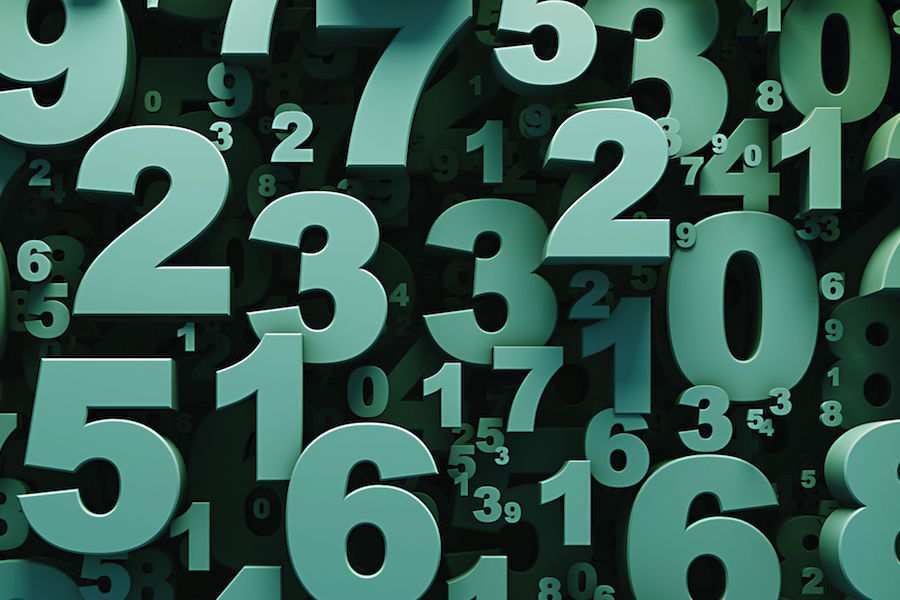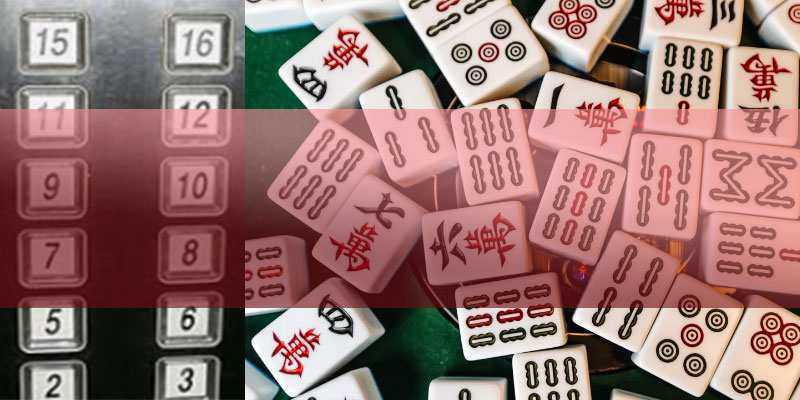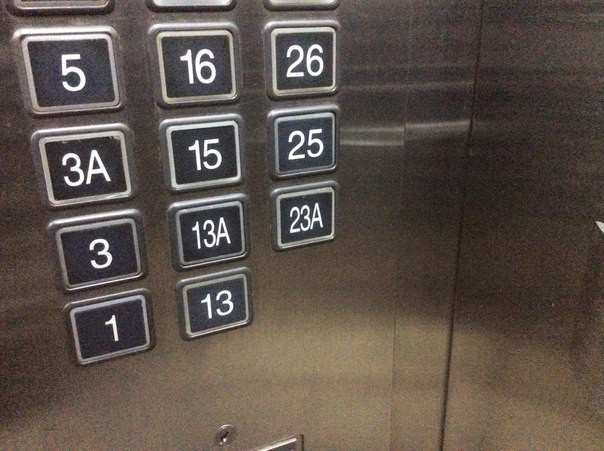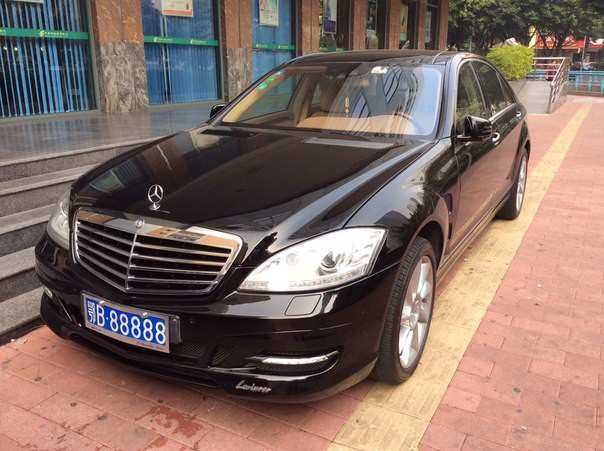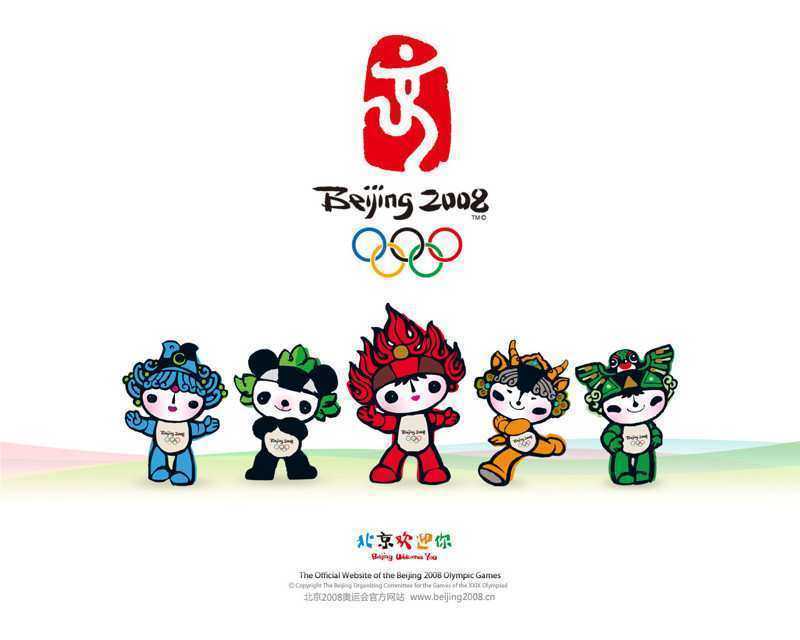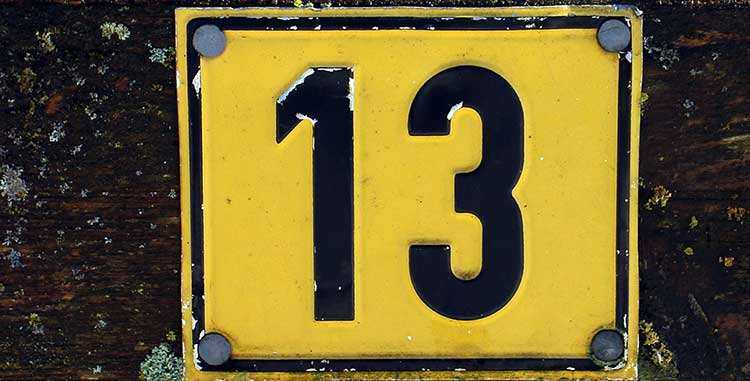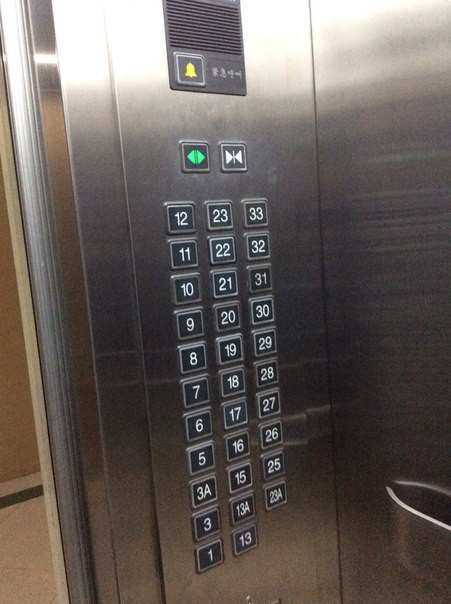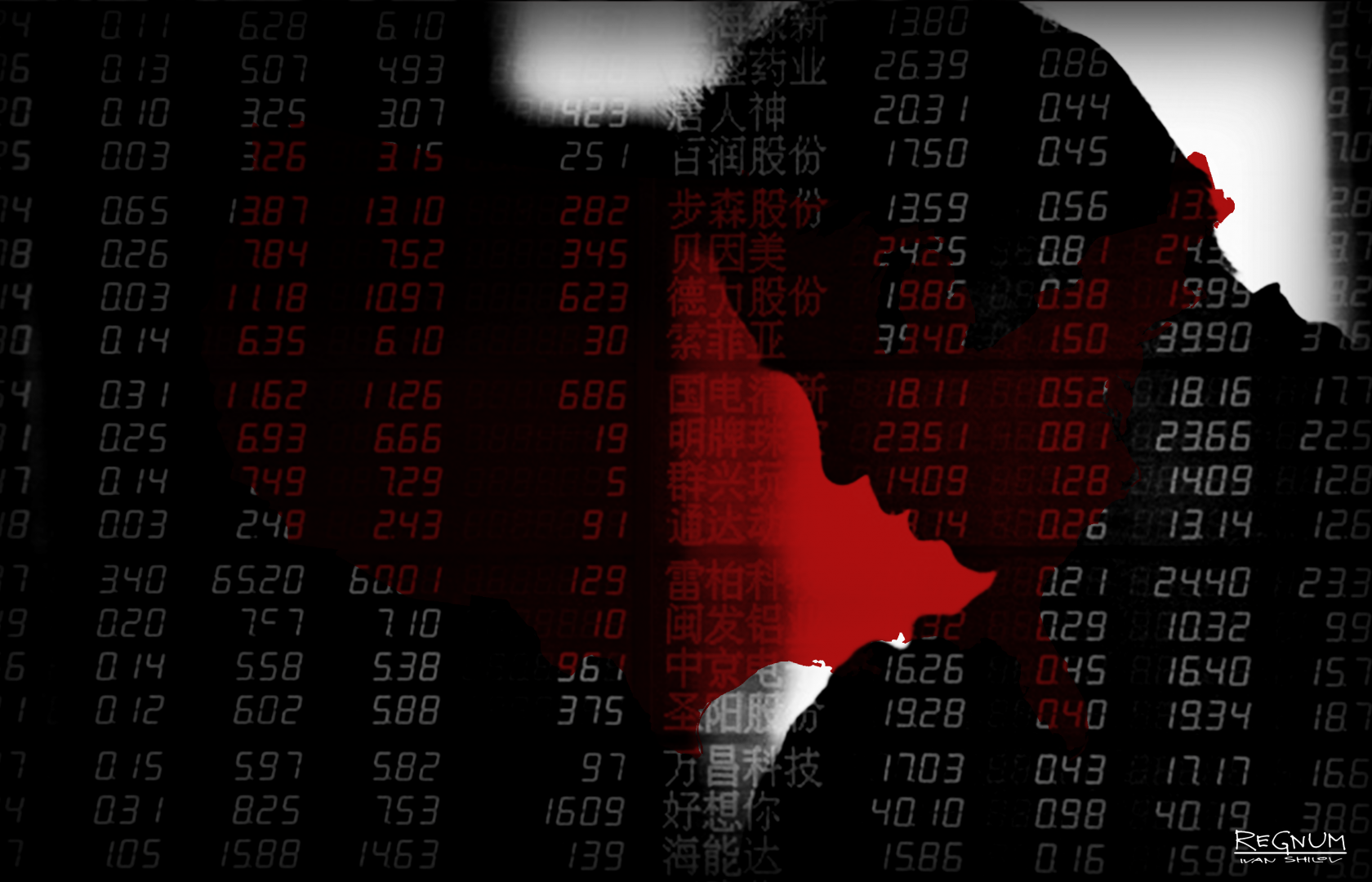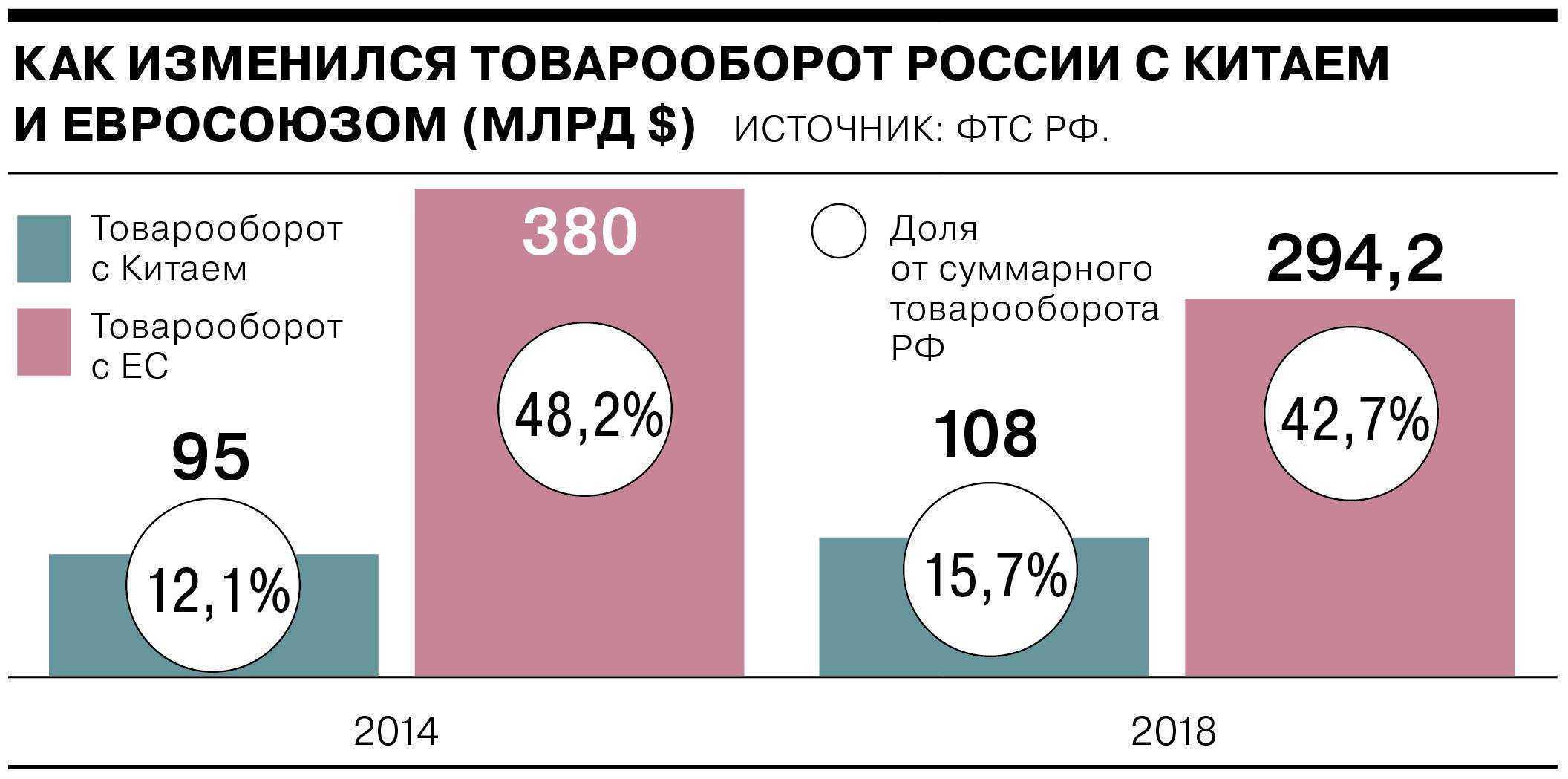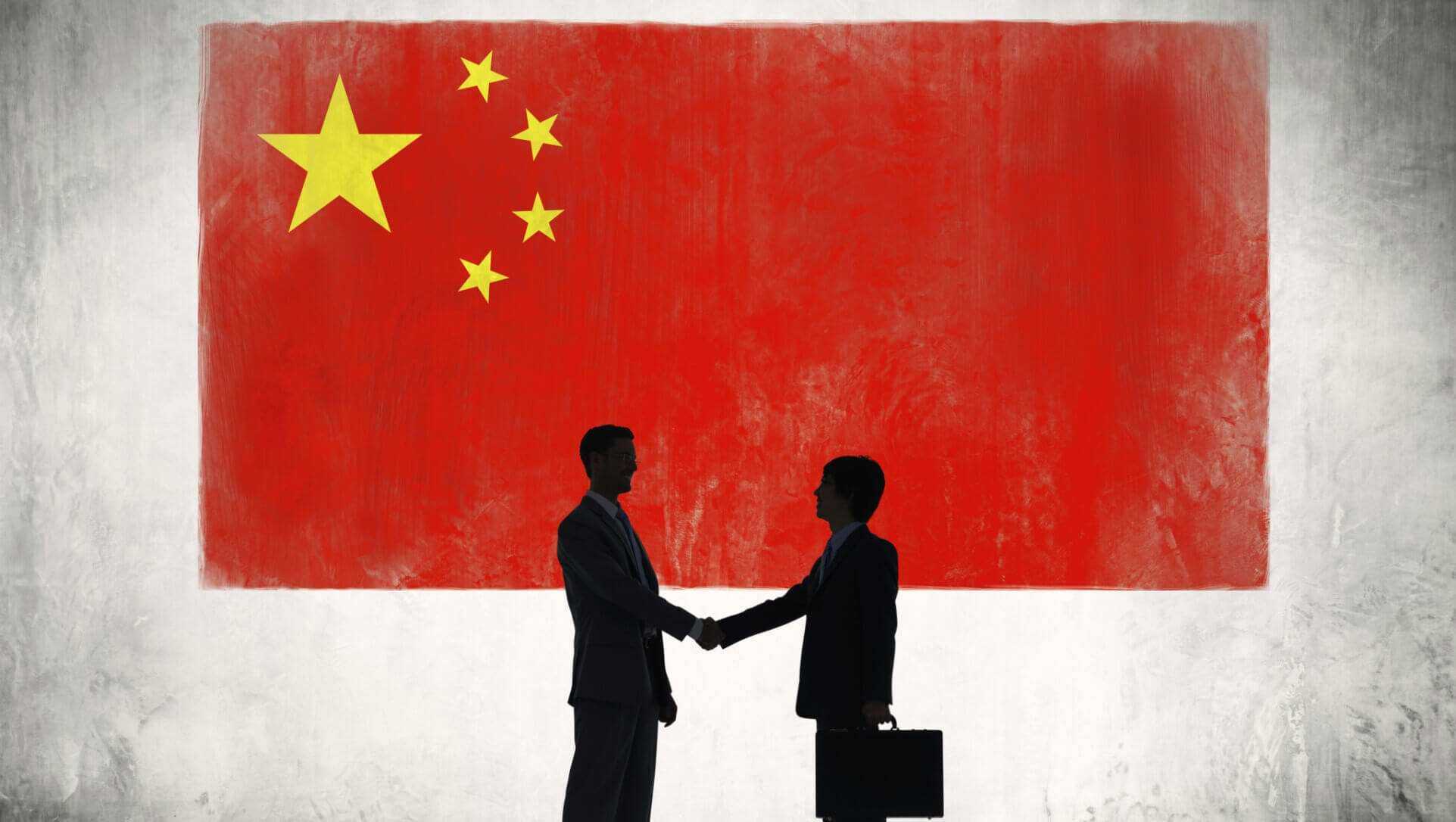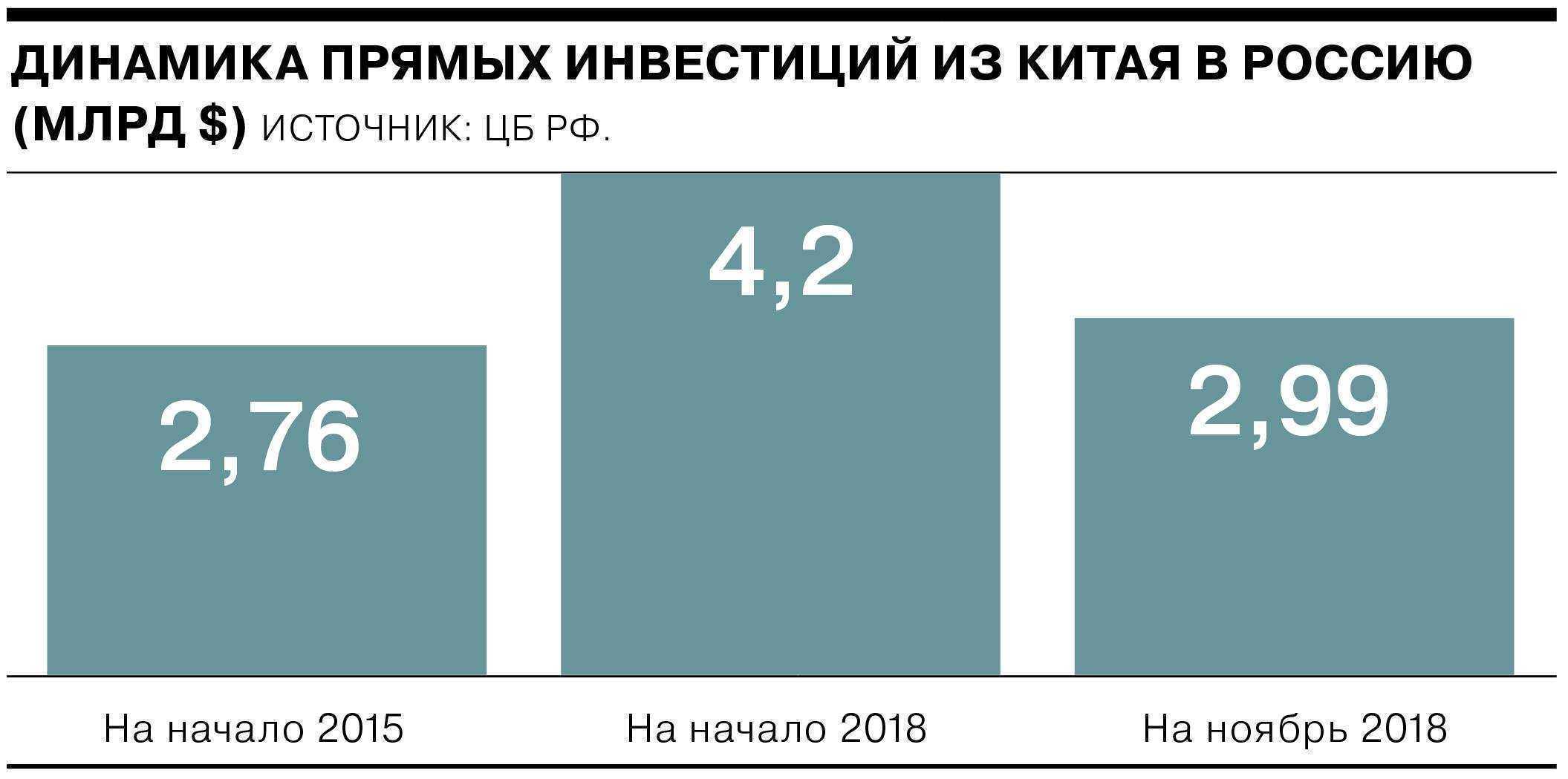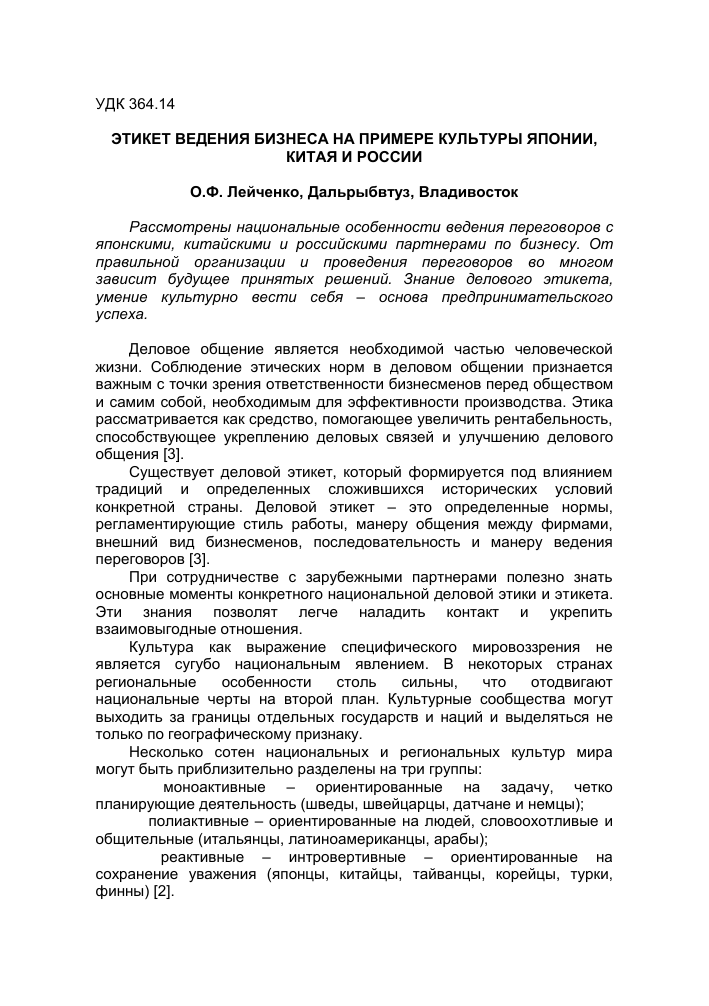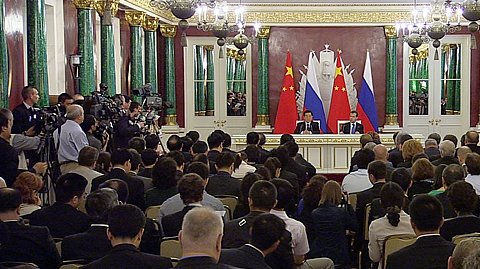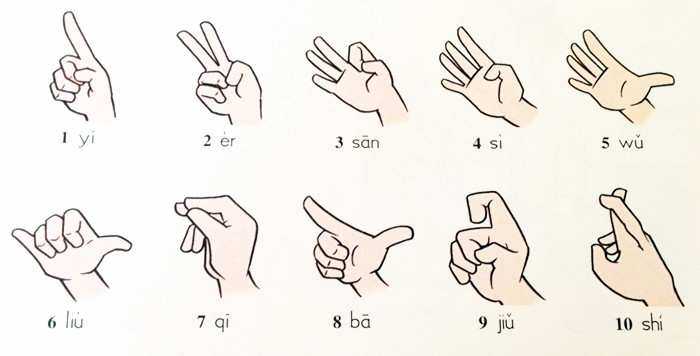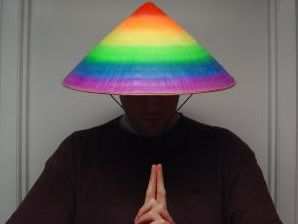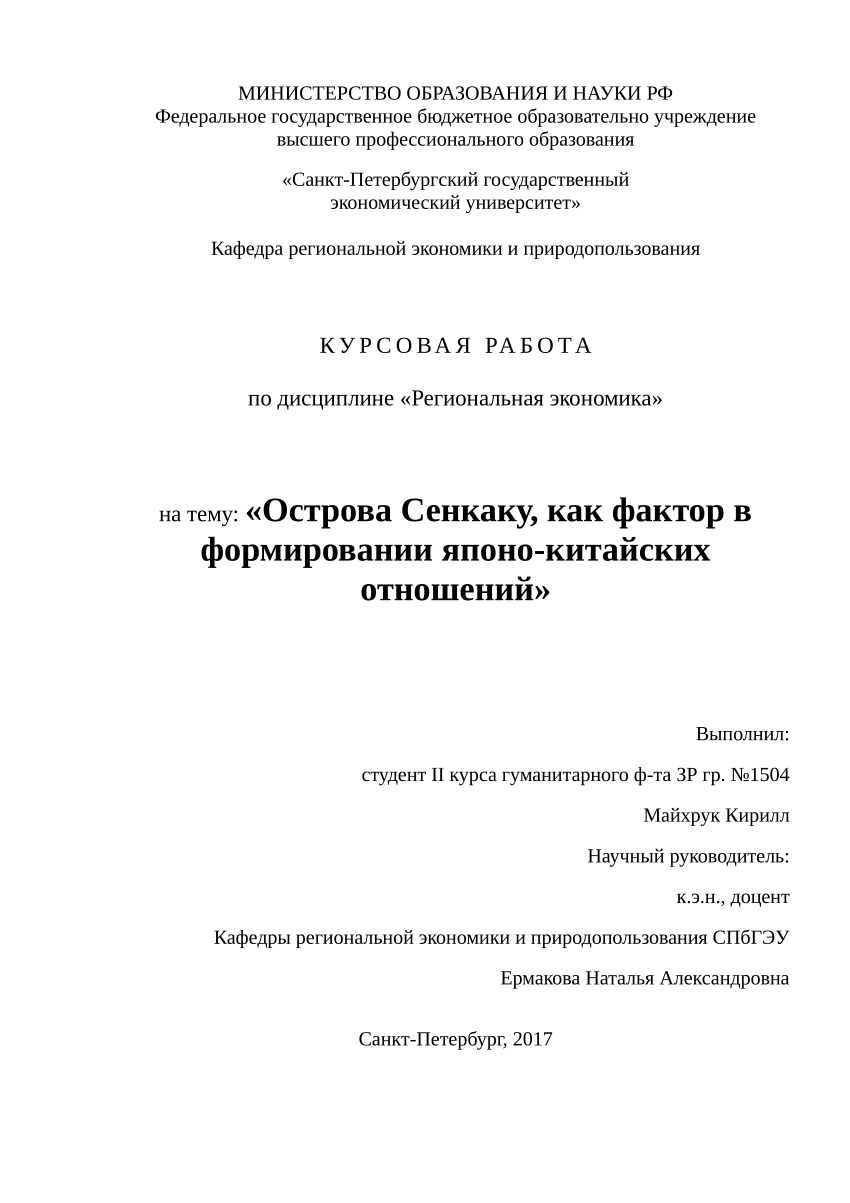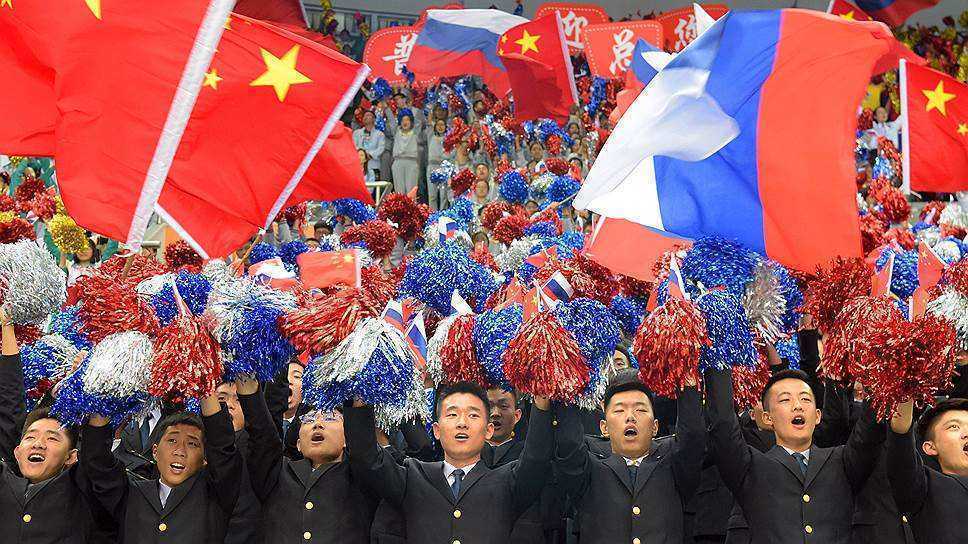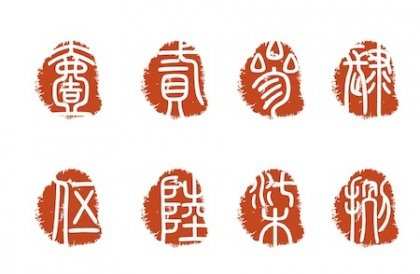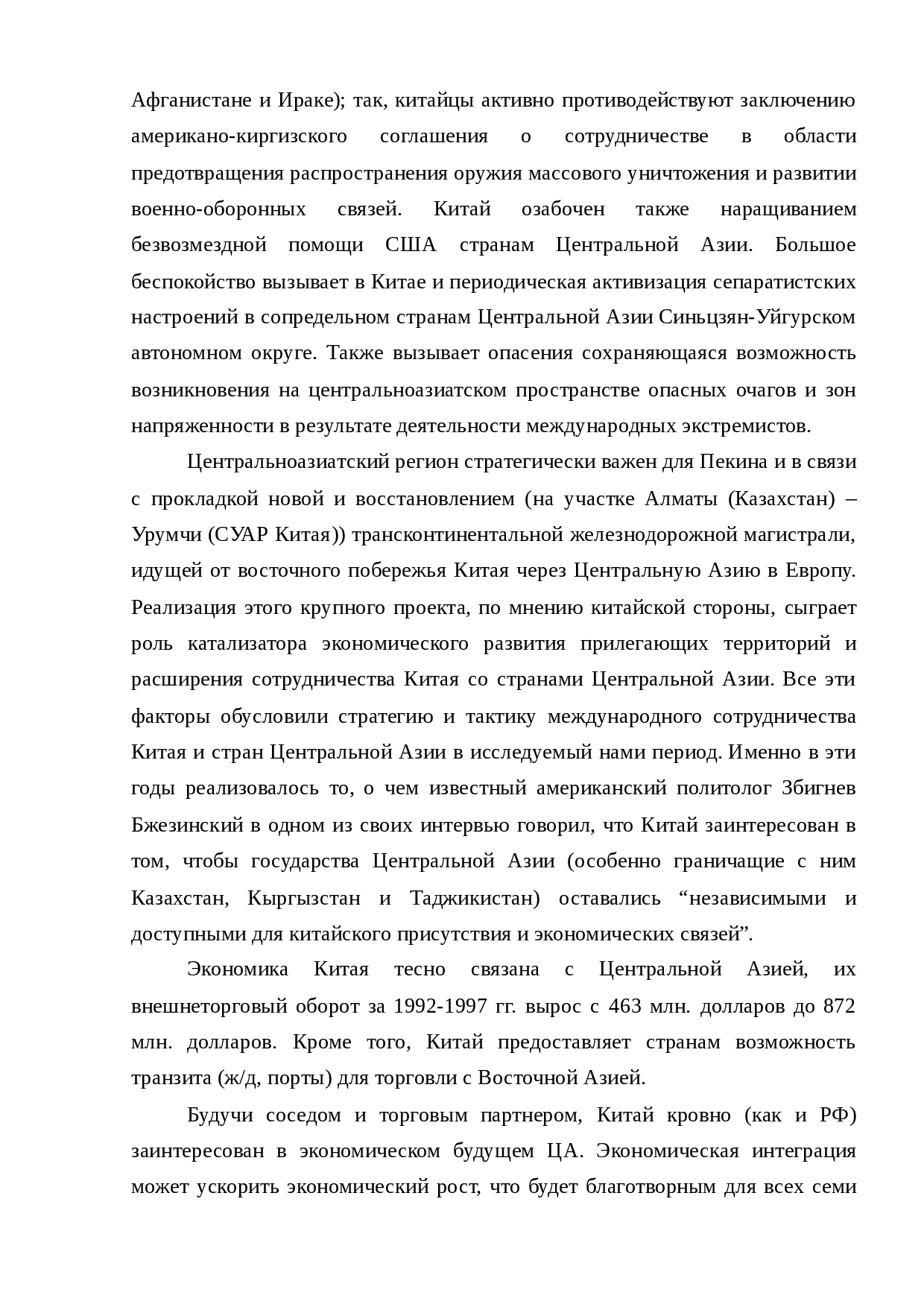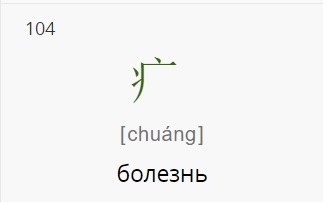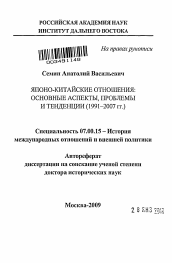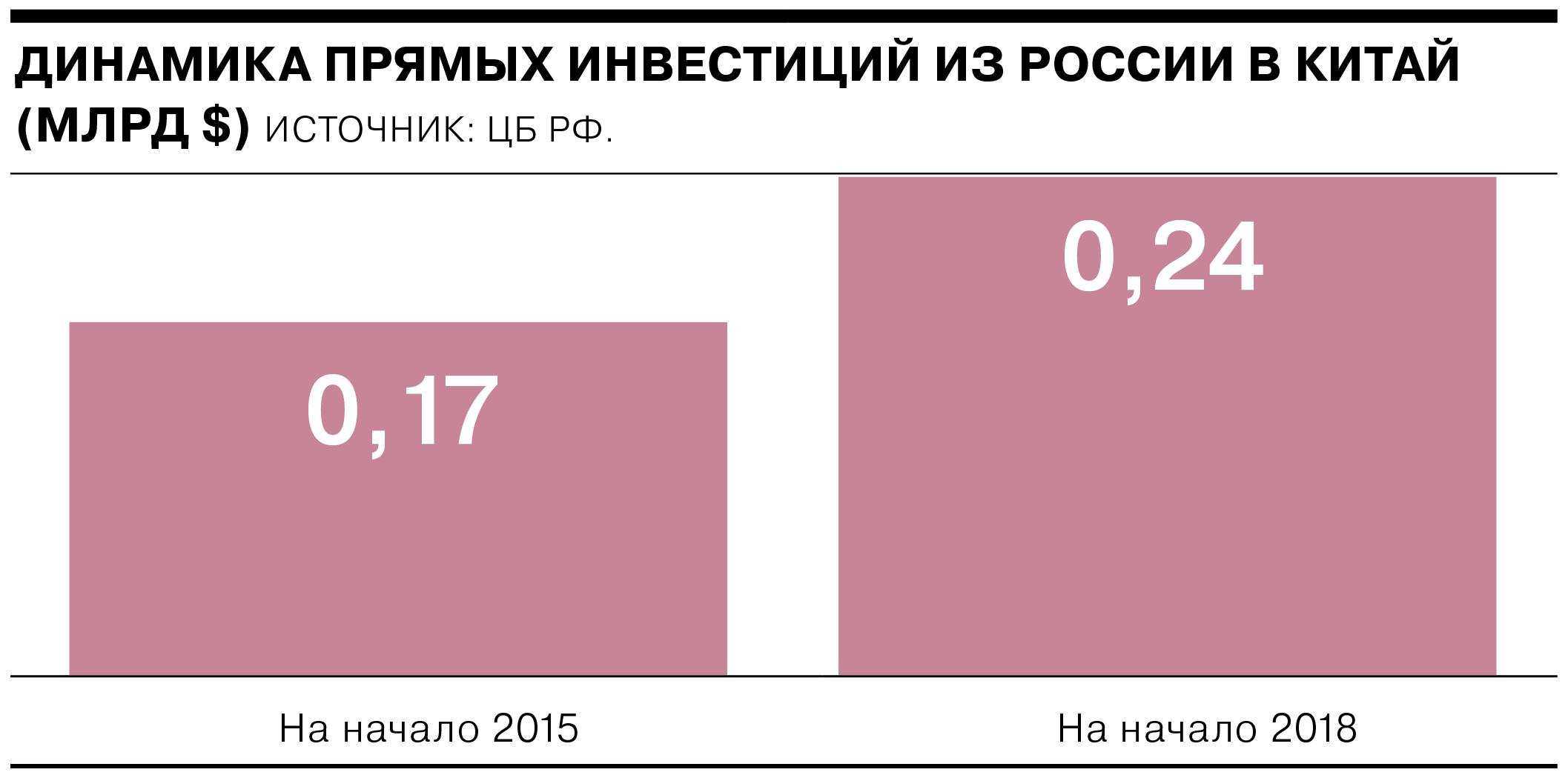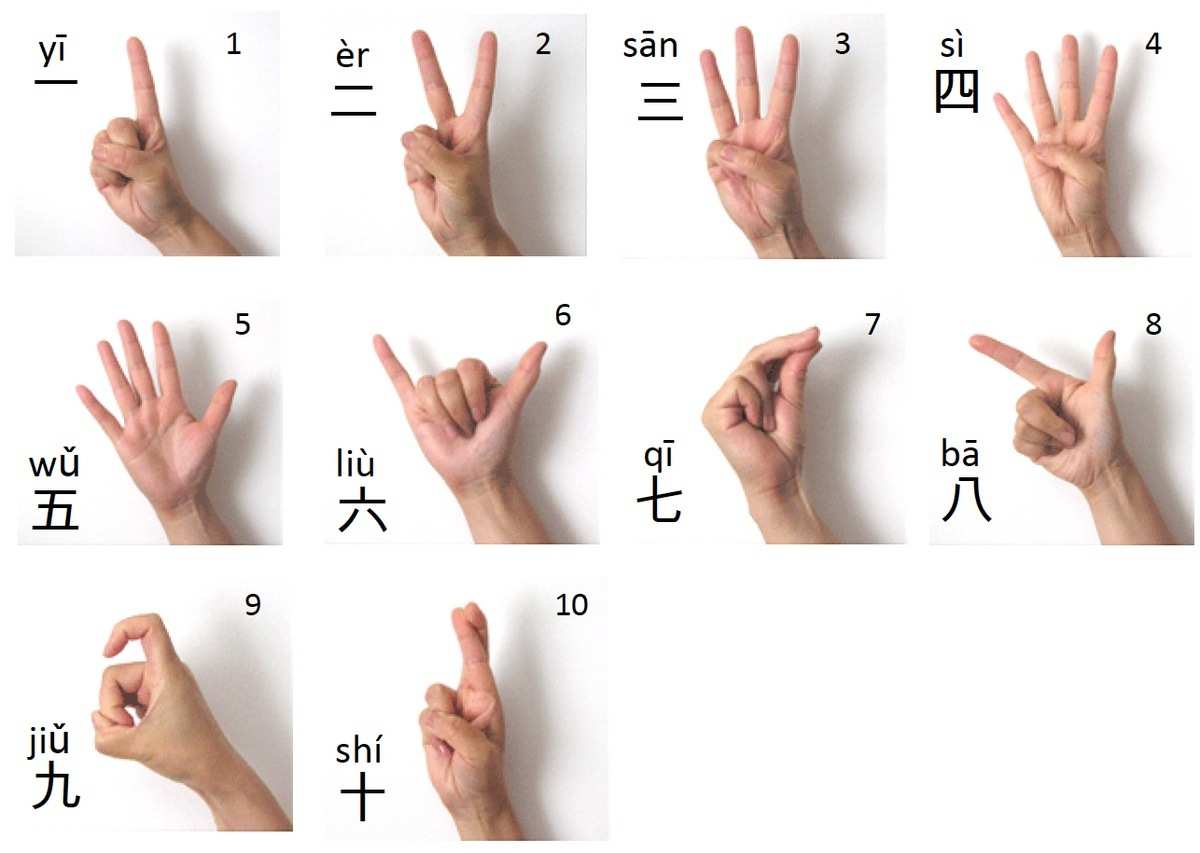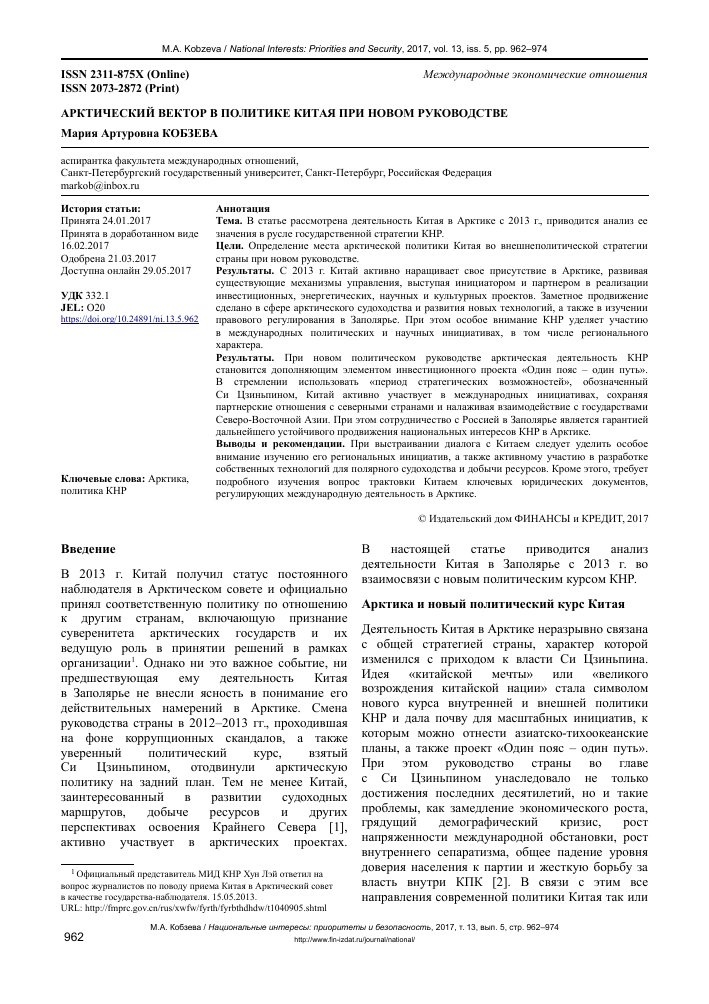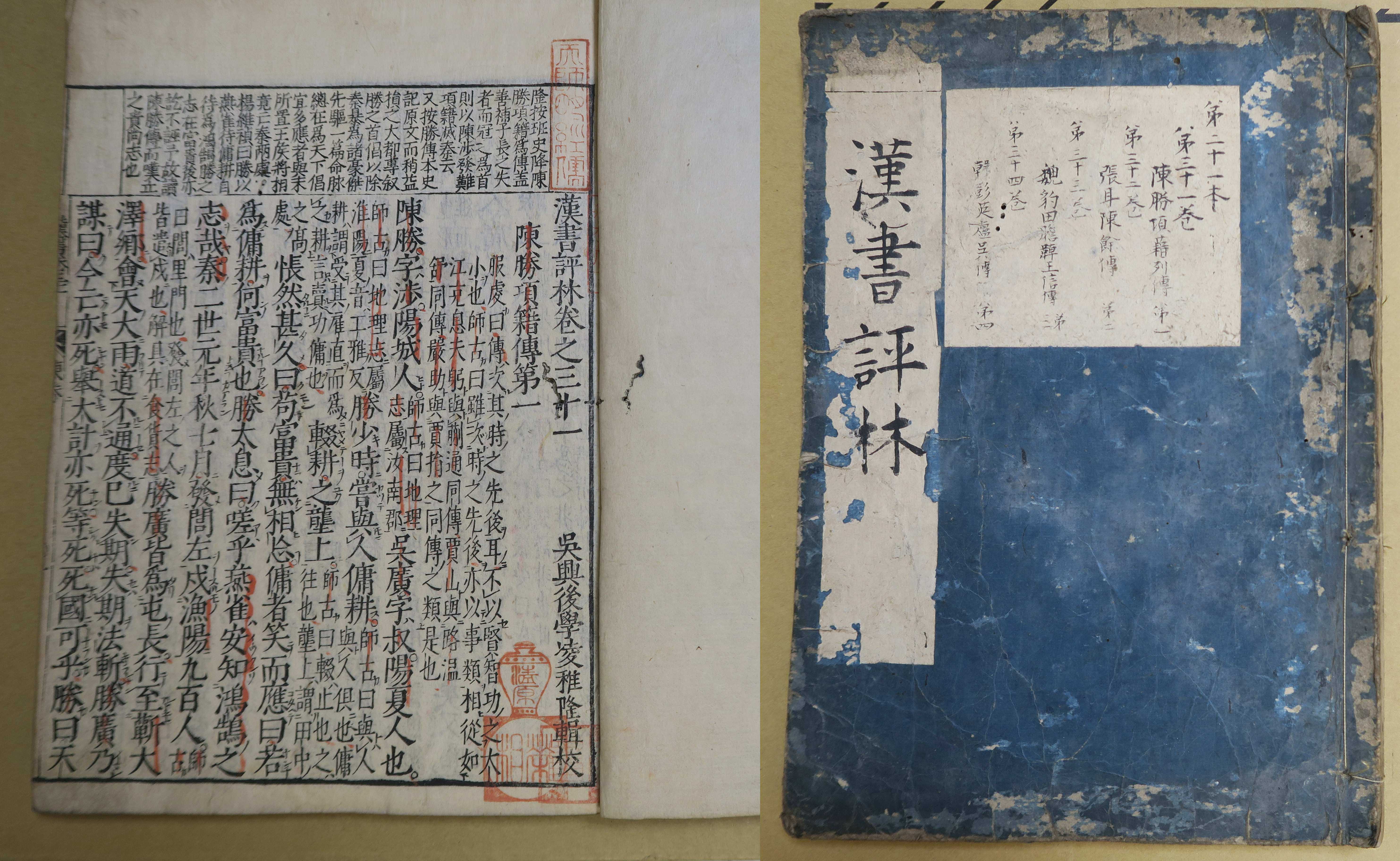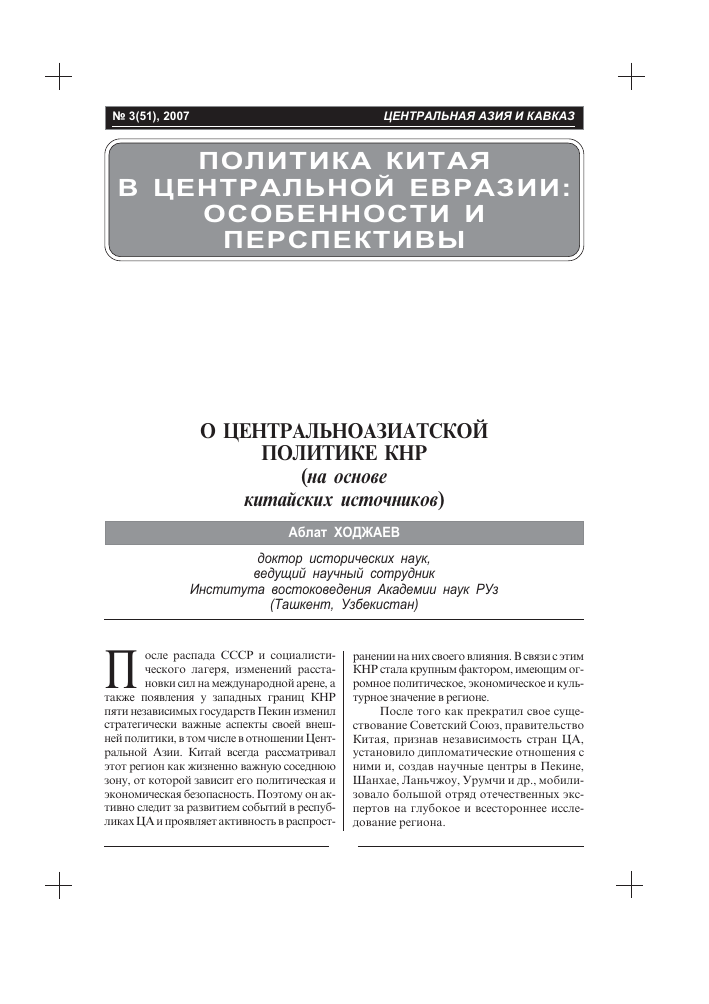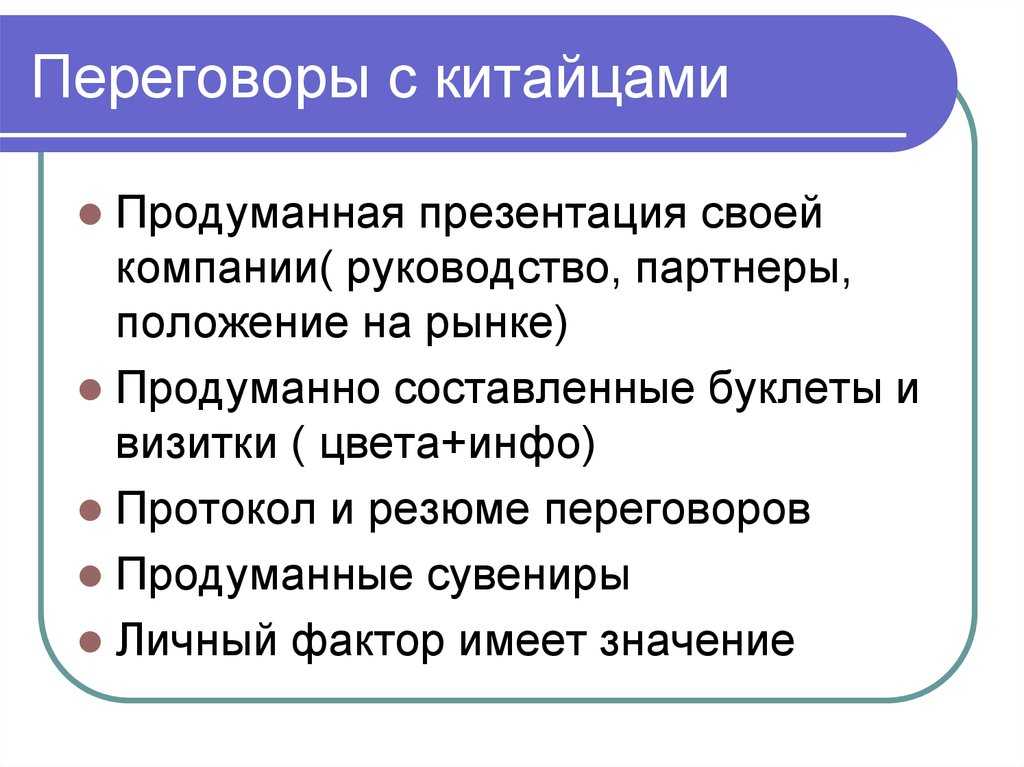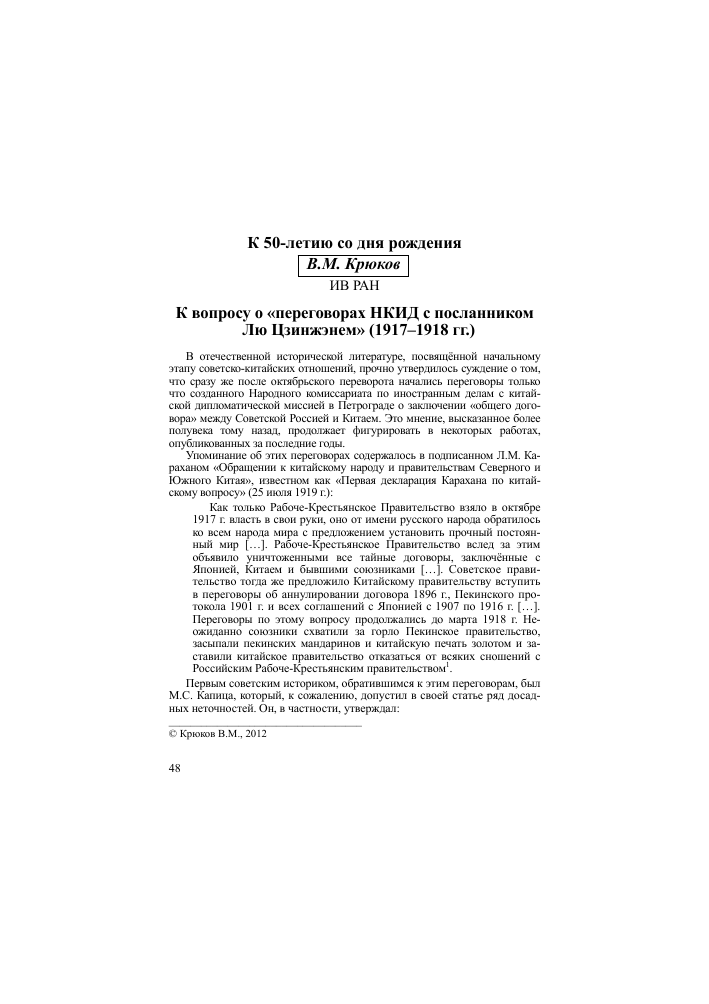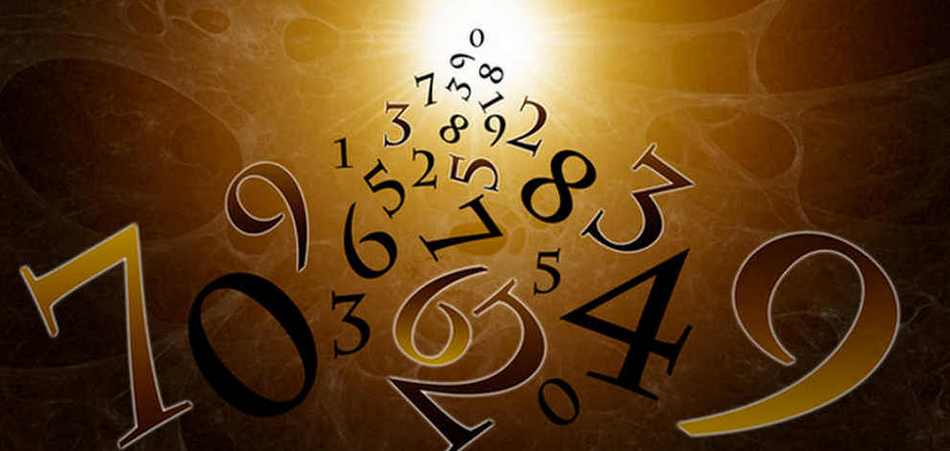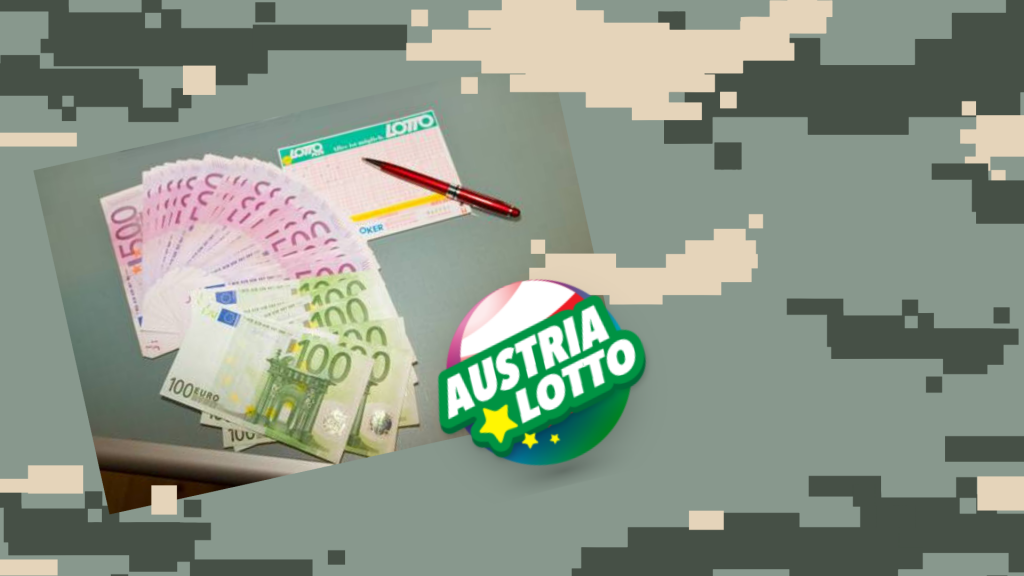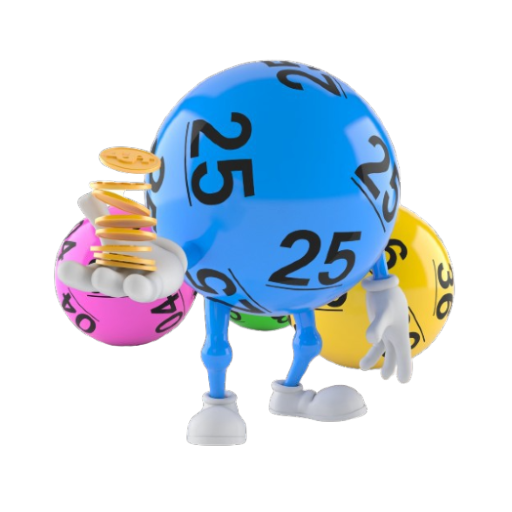Numbers 1 and 2
The unit enjoyed special respect in ancient Chinese culture. She was associated with the starry sky, which was considered the birthplace of everything, what is on earth. Also, this number was compared with a sprout, which develops slowly and gradually, getting tall and handsome.
The Feng Shui unit is considered a rather apt sign and the primary source of everything that exists.. It itself carries a positive load and enhances the positive influence of other numbers.. Here's how it can be characterized:
- fair name and spotless reputation;
- unity and harmony with the outside world;
- authority in the eyes of others;
- success in any endeavors;
- increases luck and luck.
The number two is called harmonizing, balancing the yin and yang energies. If, in a combination of several numbers, it comes before some successful number, then its positive effect on a person increases. And if it is adjacent to an unfortunate number, then the negative impact increases. This even number carries such a meaning:
- ease, relaxation and serenity;
- life satisfaction;
- the ability to enjoy the little things;
- ability to withstand trials and challenges;
- achieving results effortlessly.
Interesting, what a combination, all-twos, does not carry any load at all. This is an empty number, which has absolutely no effect on a person.
Calculation of lucky and unlucky numbers
In Russia, they are very categorically among 13. "Unhappy" is called a damn dozen. But even in 19 century this number wore just the opposite, positive attitude and was called the "bakery dozen". And all because, what to the buyer, ordered 12 buns, 13-I was given out for free.
Where did such a dislike for numbers come from? 13?
Initially, it personified 12 apostles and Christ. It all started with a phrase from the Gospel, when at the Last Supper - the last supper of Christ and the apostles - Christ exclaimed: “Have I not chosen you twelve? But one of you is a devil ". This is how the concept of "damn dozen" appeared, and at the same time the saying "The devil's dozen is not needed at dinner". The superstition was, who will be the first to rise from the table, he will die within a year.
It is for this reason that many European countries are never invited 13 guests, but if it turns out like this, that the invited guests really 13, i.e 2 options to avoid the "fate of being the devil". After dinner, all the guests will rise from the table at the same time, to confuse death. Or another guest is invited. In France, eg, there is even a service by invitation of the 14th guest. They put more at the table with guests 1 a chair and a mannequin dressed in a tailcoat is put behind it, and it also counts on service and cutlery. Such an uninvited guest is called Louis XIV., in honor of, that Louis XIII was not afraid of the "damn dozen" and even married a bride, which was 13 years.
Fear of numbers 13 very widespread throughout Europe
There are no houses with a number in France and Germany 13. In England, ships do not go to sea, if this 13 number. Canceled cabins with numbers 13, and some airlines are canceling the rows in the planes and the boarding gate with the same name. Hospitals do not perform operations on 13 numbers, there are also no wards with this number.
In Spain, Tuesday is especially "scary" 13 numbers, because the name is "tuesday" ("Tuesday") associated with the name of the god of war Mars. Therefore they have proverbs, tuesday related: “On Tuesday, the hen does not lay an egg, the girl does not marry ", “On Tuesday neither marry a son, not slaughter a pig "and others. Also, the Spaniards do not like to visit hairdressers on Tuesday and do not cut their nails., so as not to cut off your life.
Even in Formula 1 there is no car with a number 13. And Indiana residents routinely wear bells around the necks of their favorite black cats on Friday. 13 numbers, as prescribed by State law.
Number 13 for asians
Everything is different with the hell of a dozen for residents of Asian countries.. In Indonesia, Saudi Arabia and India number 13 love, as a last resort, treat him neutrally. In China, such a number is even considered lucky., but to the figure 4 they have about the same attitude, as among Europeans 13. So, the Chinese have a number 4 causes quiet horror, because in Chinese the number "four" is consonant with the word "death". It is difficult to sell houses or apartments with this number. And even phone numbers, which contain the number 4, sell with huge discounts. And in Indonesia, phone numbers, containing the number 13, on the contrary, are sold at a higher price and even need to be ordered in advance.
Most numerological superstitions are common to many peoples, therefore, residents of all over the world try to avoid the most frequent "bad" numbers. But there are also interesting differences and features..
Interesting from the world of Chinese numbers
You will be surprised how much life in China is filled with digital symbols, whose origins lie in the deep traditions of the Chinese language, philosophy, spiritual practices and beliefs of this people. for example, in the eyes of the Chinese, all odd primes up to ten have the masculine Yang energy, and even ones from the same row - the female Yin energy.
The inhabitants of the Celestial Empire have their favorite and unloved numbers.. Number 4, consonant with the word "die", causes superstitious fear in the Chinese, up to that, that hospitals and hotels do not have rooms with this number, and some buildings don't even have a fourth floor. But the figure 8, considered a symbol of prosperity and wealth, so popular, that the opening of the Olympic Games 2008 of the year, held in Beijing, started 08.08.2008 exactly at 8 hours 8 minute and 8 seconds local time.
Other Chinese numbers from 1 to 10, hieroglyphs of which are similar in sound to any words or are associated with one of the philosophical teachings of China:
1 - the ancient philosophers of China equated this figure with the root cause and origin of the world. Lao Tzu (Lao Tzu) wrote, that the root cause of the world is the Tao, and its embodiment is the number "one". And today in China 1 symbolizes leadership and primacy in all matters.
2 Is a symbol of interconnection and struggle of opposites, as a result of which one can be divided into two, and the two become one as Yin and Yang.
3 - considered one of the main attributes of Taoism, reflecting the three main forces of the Universe - Heaven (day), The earth (soil) and Human (people). This number still determines many of the rules of the Chinese way of life today..
5 - reflects the connection between the five main elements of nature: fire, water, land, wood and metal. In the teachings of Confucius, five important qualities of a noble husband stand out: wisdom, sincerity, decency, sense of duty and humanity.
6 - one of the luckiest numbers in the representation of the Chinese. In Chinese philosophy, it is considered a model of cyclical completeness, and the double six counts for all the best, what can you only wish for. And even the most important and celebrated anniversary in the Middle Kingdom will be 66 birthday.
7 - just like the four is associated with death. According to Chinese tradition, funerals for the dead are celebrated seven times every seven days after death..
9 - very similar in pronunciation to the hieroglyph for longevity, therefore, along with six and eight, it is considered one of the most favorable numbers.
But the relationship of the Chinese with numbers is not limited to the preservation of ancient canons and principles.. Among the young residents of the country, a kind of game of homophones is gaining more and more popularity, which spawned an incredible number of commonly used phrases and sentences, encrypted in digital abbreviations. And the secret is, that many Chinese words sound the same or are similar to the pronunciation of numbers. For this game, swept all of China, may be quite enough and far from incomplete homonymy. Therefore, Chinese lovers may well exchange SMS with these messages.: 07456 and the answer 8137.
Well, at the end, for, so that you can secure your account from 1 to 10 in Chinese and the construction of complex numbers, we suggest watching a short video.
Chinese numbers from 1 to 10 are the backbone of China's counting system. The article talks about numbers in Chinese with transcription and translation, and also about the formation of the recording of hieroglyphs of large numbers.
Previous blog posts
04-12-2015: Holiday ‘Double Seven’ - Valentine's Day in Chinese
05-12-2015: Buses in Beijing - prices, routes, schedule and travel tips
06-12-2015: Jinshanling site on the Great Wall of China
07-12-2015: District (neighborhood) Xintiandi in Shanghai
08-12-2015: The number '9' in China is a symbol of eternity in Chinese numerology
09-12-2015: China's Double Nine Celebration - History and Tradition
10-12-2015: Yuanmingyuan Garden or Old Summer Palace in Beijing
11-12-2015: Banning Wikipedia in China - reasons and positions of the parties
13-12-2015: Buses in Shanghai - ticket prices and routes for tourists
15-12-2015: Airline ‘Pobeda’ - prices for air tickets and ‘pitfalls’
Traditional numerology
In classical Chinese numerology, the number 6 has a philosophical or even mystical meaning. She is associated with space, space and time. We divide three-dimensional space into six directions. (top, through, right, left, forward, back). We divide the day into four time periods (morning, day, evening, night) six hours each.
Hence the basic idea of the number 6 Is harmony and balance. Six is associated with the Great Sky, although in the Temple of Heaven in Beijing the six is almost never found. This is her peculiarity - classical culture loves her, but in architecture he still prefers numbers 8 and 9.
However, all this does not apply to the everyday life of ordinary Chinese.
13
In many Western countries, the number 13 considered unlucky, including in our. Why is it so strongly associated with unhappiness in most Westerners?? According to one version, this prejudice dates back to the days of the life of Jesus Christ. The Last Supper depicts 12 apostles beside Jesus at the table, one of which was Judas Iscariot, betrayed the son of the Lord.
According to another version, this number is considered unlucky because, what's friday, 13 October 1307 of the year, the order was given to arrest members of the Knights Templar and the subsequent torture and executions. Another version is the difficulty of monks, who were responsible for the calendar and religious holidays. A year with 13 full moons was considered unlucky simply because, that I had to modify the calendar, which added extra work.
And of course, don't forget about the term "damn dozen", according to which 13 Is the number of impure forces. Regardless of the history of occurrence, fear of number 13 Is one of the most common phobias, which is called triskaidekaphobia.
As in China and Japan in the case of a four or nine, in many European countries you will not meet the 13th floor, and instead of it there will be 12 A, or 12-1, or something similar.
But, eg, Italians, being westerners, consider this number lucky, since it is associated with Saint Anthony - the patron saint of the search for lost people and things.
17
In Italy you rarely see a number 17, especially in Roman numerals. All because, what 17 spelled as XVII, and if you rearrange the numbers, then you can get VIXI, which translates from Latin as "I lived". Naturally, the past tense for the word "life" clearly does not sound optimistic. Because of this meaning, this number can sometimes be found in Italy on tombstones..
26
The indigenous people of Central and South America are not particularly fond of numbers 26, as they consider it unsuccessful, and avoid it in every possible way. Researchers attribute this to, What's on 26 number accounts for many tragic events in the history of Indians, and, avoiding this number, they want to erase sad dates from their memory.
39
You won't see this number in Afghanistan, and it is considered unlucky. All because, what, as in Chinese and Japanese, in Pashto, the official language of Afghanistan, it sounds like a dead cow.
666
One of the most famous numbers in Western culture, as well as 13, which they try to avoid. Number 666 called the number of the beast or the number of the Antichrist - a character from the New Testament, Satan's henchman. For fear of this number, there is even a term - hexacosioihexecontahexaphobia.
But if in Christian culture 666 Is an unlucky number, then the Chinese, on the contrary, it is a symbol of good luck, signifying, that everything is going smoothly. Many Chinese, by choosing a phone number or car numbers, want, so that they have a number 666, and they are ready to overpay several times the real cost, to get it.
Unlucky number in China
Real photo in an elevator in Hong Kong. Which floor number is missing?
If we talk about Chinese numerology, it is worth noting, that odd numbers are considered less lucky, than even. No wonder, as they are identified with dead energy.
Exception - digit 4, since it sounds the same as the hieroglyph "death". The Chinese are so afraid of this figure., that they don't even burn with desire becomes the owners of apartments under this number. And it will sound intimidating, who wants to pronounce: "I live in a deadly apartment".
The number is also considered negative 14, which has very poor energy. In some cases, the number is also called negative. 13, since the sum of its digits is four.
The Chinese school of numerology is considered the oldest theoretical system. Using ancient knowledge, you can analyze the life of any person.
Happy colors
In ancient China, only the imperial family could dress in yellow.
Color is equally important in Chinese culture, than numbers. The most important and the happiest 3 colors, which are preferred by the inhabitants of the Middle Kingdom, Is red, yellow and green.
Red in China
Red, no doubt, - the most popular color in China, it symbolizes fire. This is the national color, personifying happiness, beauty, vitality, success and luck. Not surprising, that red is the main color of the national flag of the PRC.
The color red in China is often seen in everyday life.. Red lanterns decorate offices and residential buildings during Chinese New Year and other holidays.. Traditionally for a wedding, anniversaries and other special occasions, it is customary to wear something red. Find out more about the most popular New Year decorations in China.
Yellow
Yellow in China is a symbol of imperial greatness and supreme power. First Emperor of China, Huang Di., known precisely as the Yellow Emperor. Celestial Empire was often called the Yellow Land, and the main river of the country, Huanghe, so it is translated from Chinese: Yellow River. Every year tourists from all over the world come to admire the landscapes of the Yellow Mountains (Huangshan).
During the reign of the Song dynasty (960-1279 yy) during the construction of the imperial palaces, the roofs began to be covered with yellow tiles. Climbing Jingshan Hill in Beijing, Get stunning views of the Forbidden City, covered with a sea of yellow tiled roofs.
Emperors during the Ming Dynasty (1368-1644 yy) and Qing dynasty (1644-1912 yy) dressed in yellow clothes - the official colors of the Chinese dragon. They moved in carts of the Yellow Palace along the Yellow Paths. The color of the official flag in those days was also yellow.. State seals were kept, wrapped in yellow fabric.
Green in China
Green is the color of wealth, fertility, revival, hopes, harmony and growth. For this reason, banks and other institutions, as well as restaurants try to use green in the logo and interior. It also symbolizes purity and cleanliness.. You can often see a green color on the packaging of milk and products.: so the buyer has a feeling, that this product is made from fresh ingredients.
Numeral 6 in Chinese history
Six is very important for the history of the country. An entire era in Chinese history is called the Six Dynasties.. It was not the most pleasant time, when China was split into many kingdoms, who fought each other.
But more often the six is associated with the era of the Warring States.. This was before the unification of the country, when the seven states of China were constantly at war with each other. This moment is described in the book "Shi Ji" in the chapter "Chronology of the Six Kingdoms". You ask now: “Why six, because there were seven kingdoms?”.
Now we perceive the era of the Warring States as a confrontation between seven states, and contemporaries thought differently. They did not even like to remember the kingdom of Qin and did not consider it a worthy contender for leadership. The Qin kingdom had barbaric roots, and it was relatively weak. therefore, ancient historians talk about six kingdoms.
But fate decreed otherwise, and it was the kingdom of Qin that all the others conquered. Its ruler Qin Shi Huang became the first emperor of all China, he is still on the list of the most famous Chinese. He built the Great Wall of China and the Terracotta Army. It was the cultural distance from other kingdoms that allowed Qin to develop its ideology, distinct from Confucianism. And this ideology has already given them advantages on the battlefield..
The first unification of the country is a very important moment in the history of China, and the six played an important role in this event.
Have a nice trip to China, and read about the numbers in this country in the blog (links below).
Practical application of knowledge
Combinations of numbers in human life are ubiquitous.. In this regard, people try to surround themselves with positively charged combinations to the maximum.. Here are some helpful tips:
- Car plate numbers. Is considered, that they should consist exclusively of "white numbers", which are positive. Good, when there is one at the end. It allows the driver to better feel like the car itself, so the road, brings good luck on trips. But fours are best avoided. (especially when combined with a deuce).
- Phone number. Feng Shui followers are very scrupulous in choosing these numbers.. To make business and personal communication as successful as possible, it is worth choosing numbers, containing sevens, as well as those, that end in nine. Units and threes also contribute to a fruitful conversation..
- Apartment number. Feng Shui numbers 6, 7, 8 and 9 most favorable in this capacity. Also their neighborhood with 1, 2 and 3. Try to avoid fours and fives. Except for the number 44, after all, the sum of his numbers gives a lucky eight. You should not be afraid of zero in the room.
Differences between Chinese numerology
For the same, who is fascinated by Chinese philosophy or who has already become so popular in many countries, chinese feng shui teaching,which also uses digital measurement, may seem interesting and special Chinese numerology, which has a number of interesting differences.
The most obvious difference, perhaps, is that, what in Chinese numerology is associated with the number four. And not only with the very four, and with all numbers, which end in four, eg 14, or 104. Any connection with 4, be it a service office number, home phone or the floor of any house, from the point of view of Chinese numerical symbolism, nothing but losses and misfortunes portends to its owner.
Number 14 in Chinese numerology
And if in many countries various kinds of misfortunes are associated with the notorious number 13, then in Chinese numerology, its frightening meaning completely replaces 14, and live in the house under 14 number is considered a big trouble. It's easy to verify this
You just need to pay attention to the fact, how difficult, or it is simply impossible to sell an apartment there for 14 number. Wherein, number 13 the Chinese not only do not cause any fears , but more than that, is considered a very favorable number.
Of course, all of the above does not mean, what if your car number has an unlucky four, then this will certainly provoke traffic accidents. Not at all necessary, if you are careful and do not neglect the road rules. It is very prudent to think about the CTP policy. Especially, what, as known, there are exceptions to every rule. This exception, regarding the number 4 numbers are counted 44 and 48, which the Chinese hold an honorable place among the most favorable numbers. The reason for this is the fact, what number 44 in total gives 8, the same eight, which in China is considered a very favorable number.
And the number 48 , as known, contains six such favorable eights at once, with which prosperity and prosperity are associated. Eight is especially appreciated in business circles, who also try to assign the signing of contracts to numbers, containing a lucky eight. Ordinary sellers of goods also try to extract from 8 maximum benefit, pricing goods, necessarily ending in eight.
Numbers 7 and 9 in Chinese numerology
The next favorable number, to whom many in China attribute an even more important influence, than the eight, is the number 9, which symbolizes completeness and completeness. As known, among all numbers, it is the nine that has the special property, which is, that when summed in any quantity, nine again and again forms the number, summing up her – nine
In this way, number 9 always remains the same number. The next lucky number for the Chinese is 7. In the Slavic tradition, for some reason, all the happiest also happened in seventh heaven.. The Chinese associate the 7 with health, reason, and even enlightenment. Lucky number combinations, including 7,8 and 9, highly valued in China. And have, eg, mobile phone, including these numbers, or a car with these numbers, considered not only prestigious, but also forward-thinking, and even a wise attitude towards life. As we can see, the difference between Western and Eastern mentality is manifested at all levels. Including, and at the level of numerology. However, who knows, because there is so much inexplicable in life ... And, may be, in someone's genes, living in the western world now, the voice of oriental traditions is preserved, inherited from unknown ancestors ... Then someone may be surprised to discover, what number 13 opens all doors for him, and here 14 for some reason warns of impending troubles.
Especially for www.astroinna.com
On this topic:
Numerology. S. Vronsky
Numerology for children
Five stars on the flag of China
This is a very big mystery – why are there five gold stars on the flag of China? The official version sounds like this: "Five stars symbolize the unity of the Chinese people under the rule of the Communist Party". And an explanation: “The Big Star is the Communist Party, and four small ones are the working class, peasantry, small and national intelligentsia. " This version doesn't look very nice.
There are other opinions. The first is that the stars represent the five ethnic groups., living in the PRC - Han, Manchus, tibetans, Mongols and dicks
Attention! The latter is the name of the people, living in northwest China
Another version – five was specially used, to show the continuity of the modern state among the emperors.
It is surprising, that the meaning of the symbols on the flag has several interpretations. The flag for the Chinese is of great importance, remember at least the lifting ceremony in Tiananmen Square.
